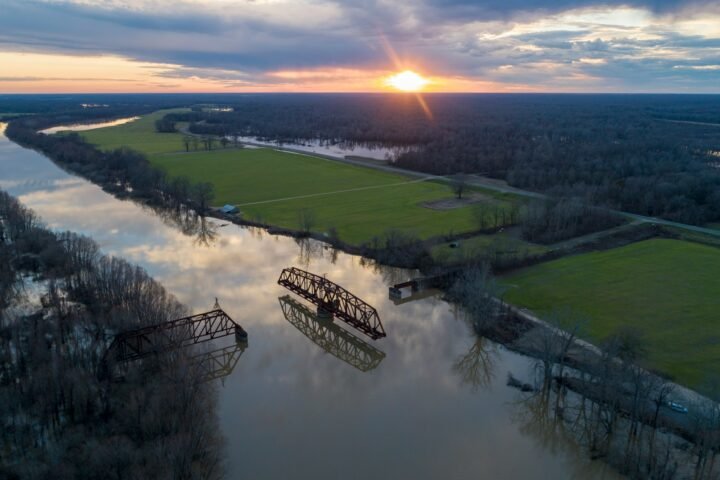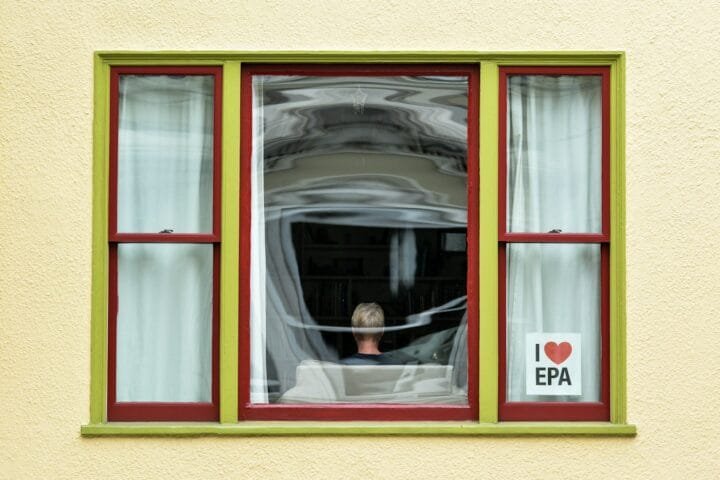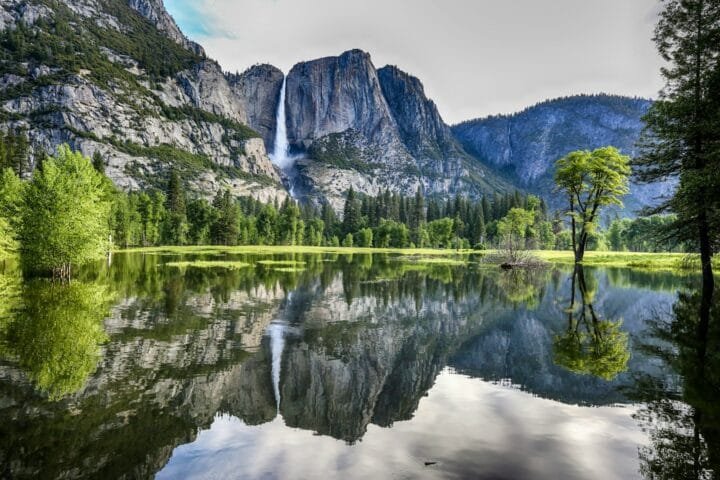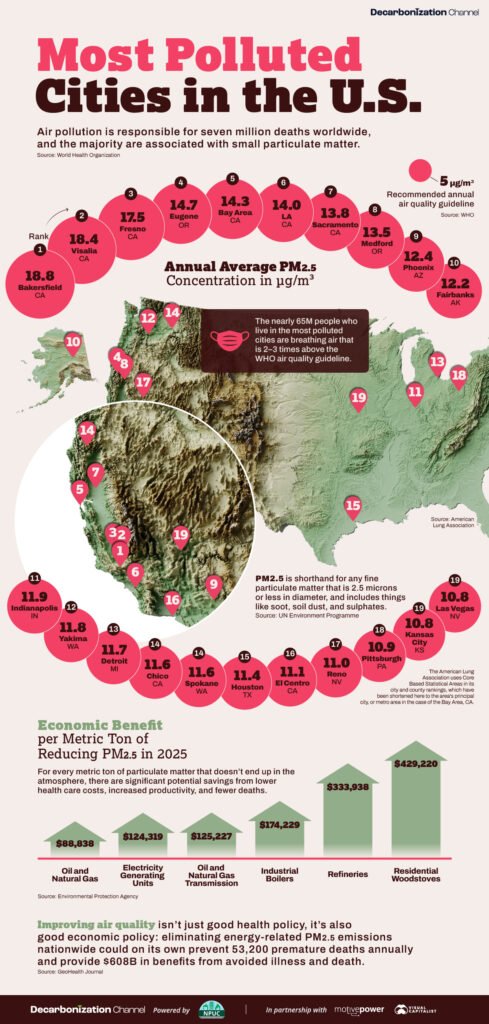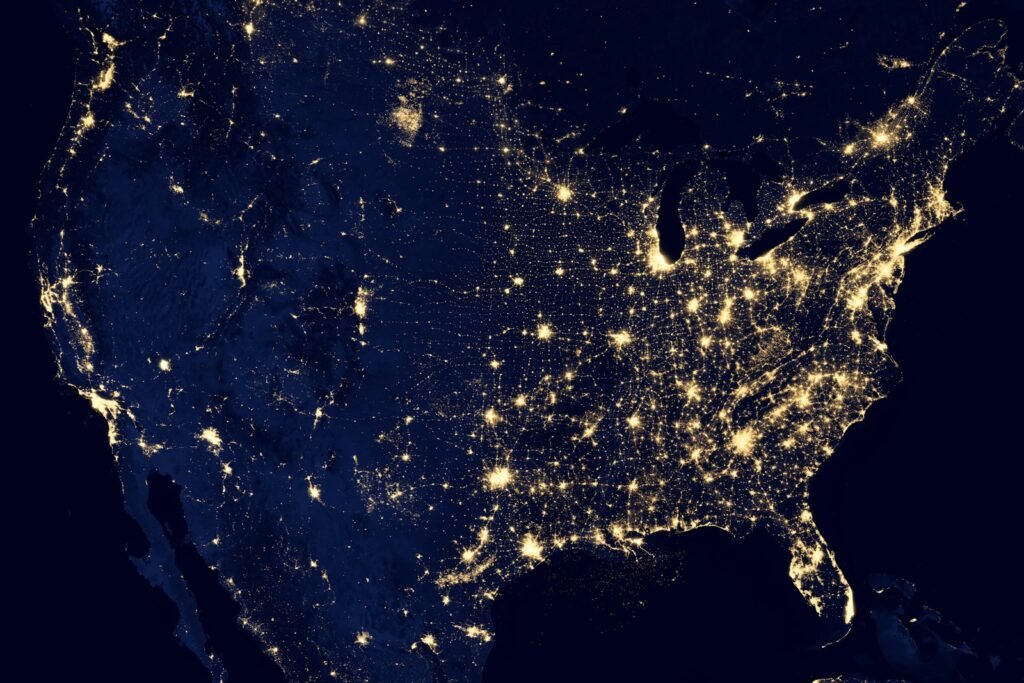Summary
- Climate change is not just impacting the physical world, but also our mental health and cognitive functioning.
- The effects of climate change on our brains constitute a public health crisis that has gone largely unreported.
- Inequality is exacerbated by climate change, as the less well-off are more likely to suffer its negative impacts.
Select passages from the article:
- “I don’t seek to leave you in the foetal position,” writes Clayton Page Aldern, a neuroscientist turned environmental journalist. The Weight of Nature, his elegant, convincingly argued book about how climate change is altering our minds, bodies and brains, didn’t make me want to curl up silently; it made me want to shout, to rouse people from their slumber. Aldern asks whether we are awake. The answer for most of us is no. Too many people, especially politicians, seem unable or unwilling to comprehend the dangers posed by a warming world and prefer to carry on, head in the sand, with business and life as usual. Aldern shows us that the world we knew has gone. The choice he offers us is to continue to make things worse, or to confront the crisis and work together to reduce harm and become more resilient.
- “The effects of climate change on our brains constitute a public health crisis that has gone largely unreported,” he writes. Aldern cites various concrete examples – that “immigration judges are more likely to reject asylum applications on hotter days” or that “some drugs that act on the brain aren’t as effective at higher temperatures” – but also more insidious changes. “Climate change causes amnesia,” he writes. We forget how the seasons were, what constitutes “normal” numbers of birds, bees or butterflies – references that, suggests one psychologist he quotes, are important for “accessing and structuring memory”.
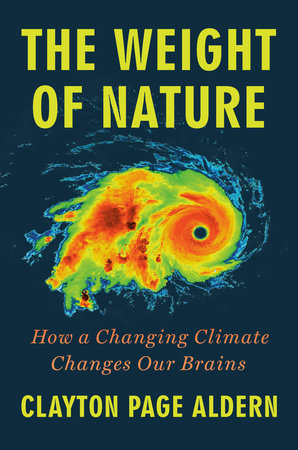
The Weight of Nature by Clayton Page Aldern: 9780593472743 | PenguinRandomHouse.com: Books
A New York Times Editors’ Choice: A deeply reported, eye-opening book about climate change, our brains, and the weight of nature on us all. The march of climate change…
Read the full post at New Statesman.

